Description
Beyond the Oil Change: Unlocking the Power of Engine Oil Additives
We all know the importance of regular oil changes for keeping our engines running smoothly. But what if you could boost your oil’s performance and extend your engine’s life even further? Enter engine oil additives, a complex and often debated topic in the automotive world.
Engine oil additives are chemical compounds formulated to enhance certain properties of engine oil, addressing specific needs and conditions. While modern engine oils are already highly engineered with their own additive packages, these extra doses can be beneficial for older vehicles, those facing demanding driving conditions, or even for proactive maintenance.
What are Engine Oil Additives Designed to Do?
The variety of engine oil additives can be overwhelming, each claiming to solve a different problem. Here’s a look at some of the most common types and their intended benefits:
- Friction Modifiers: These additives aim to reduce friction between moving engine parts, leading to improved fuel economy and reduced wear. They often contain compounds like molybdenum disulfide (MoS2) or PTFE (Teflon).
- Viscosity Index Improvers: These additives help maintain a more consistent oil viscosity across a wide range of temperatures. They can improve cold-weather starting and provide better protection at high operating temperatures.
- Detergents and Dispersants: These additives clean existing deposits and prevent sludge buildup within the engine. They help keep vital oil passages clear and ensure proper lubrication.
- Anti-Wear Additives: Commonly containing zinc dialkyldithiophosphate (ZDDP), these additives create a protective film on metal surfaces, reducing wear and scuffing, especially in high-pressure areas like camshaft lobes and lifters.
- Corrosion Inhibitors: These additives protect engine components from rust and corrosion, especially important in humid environments or when the vehicle is stored for extended periods.
- Seal Swell Additives: These additives can help recondition and revitalize older engine seals, potentially slowing down or stopping oil leaks.
- Oil Stabilizers: These additives increase oil’s resistance to breakdown due to heat and oxidation, extending its lifespan and maintaining its protective properties.
When Should You Consider Using Engine Oil Additives?
While modern engine oils are often sufficient for typical driving conditions, certain situations might warrant the use of additives:
- High Mileage Vehicles: Older engines often benefit from additives designed to reduce wear, clean deposits, and revitalize seals.
- Demanding Driving Conditions: Frequent towing, stop-and-go traffic, or extreme temperatures can put extra stress on your engine oil, potentially making additives beneficial.
- Specific Engine Concerns: If you’re experiencing oil leaks, excessive engine noise, or poor fuel economy, specific additives might help address these issues.
- Preventive Maintenance: Some drivers choose to use additives proactively to help extend engine life and maintain optimal performance.
Important Considerations Before Adding Anything:
Before you rush out and buy the first bottle of engine oil additive you see, consider these crucial points:
- Warranty Implications: Consult your vehicle’s warranty information. Using certain additives may void your warranty.
- Compatibility: Ensure the additive is compatible with your engine and the type of oil you’re using.
- Credible Brands: Choose reputable brands with a proven track record and positive reviews.
- Follow Instructions Carefully: Always adhere to the additive manufacturer’s instructions regarding dosage and application.
- Address the Root Cause: Additives are often a temporary solution. If you have a serious engine problem, addressing the underlying issue is essential.
The Verdict: Are Engine Oil Additives Right for You?
The effectiveness of engine oil additives is a subject of ongoing debate. While some users swear by their benefits, others argue that they are unnecessary or even harmful.
Ultimately, the decision to use engine oil additives is a personal one. Weigh the potential benefits against the risks, consider your vehicle’s specific needs, and do your research before making a choice. If you’re unsure, consult with a qualified mechanic who can provide tailored advice based on your situation.
In conclusion, engine oil additives can potentially enhance engine protection and performance, especially in specific scenarios. However, they are not a magic bullet and should be used with careful consideration and understanding. By understanding the different types of additives and their intended benefits, you can make an informed decision about whether or not they are right for your vehicle. Remember to prioritize regular oil changes and proper maintenance as the foundation for a healthy and long-lasting engine.

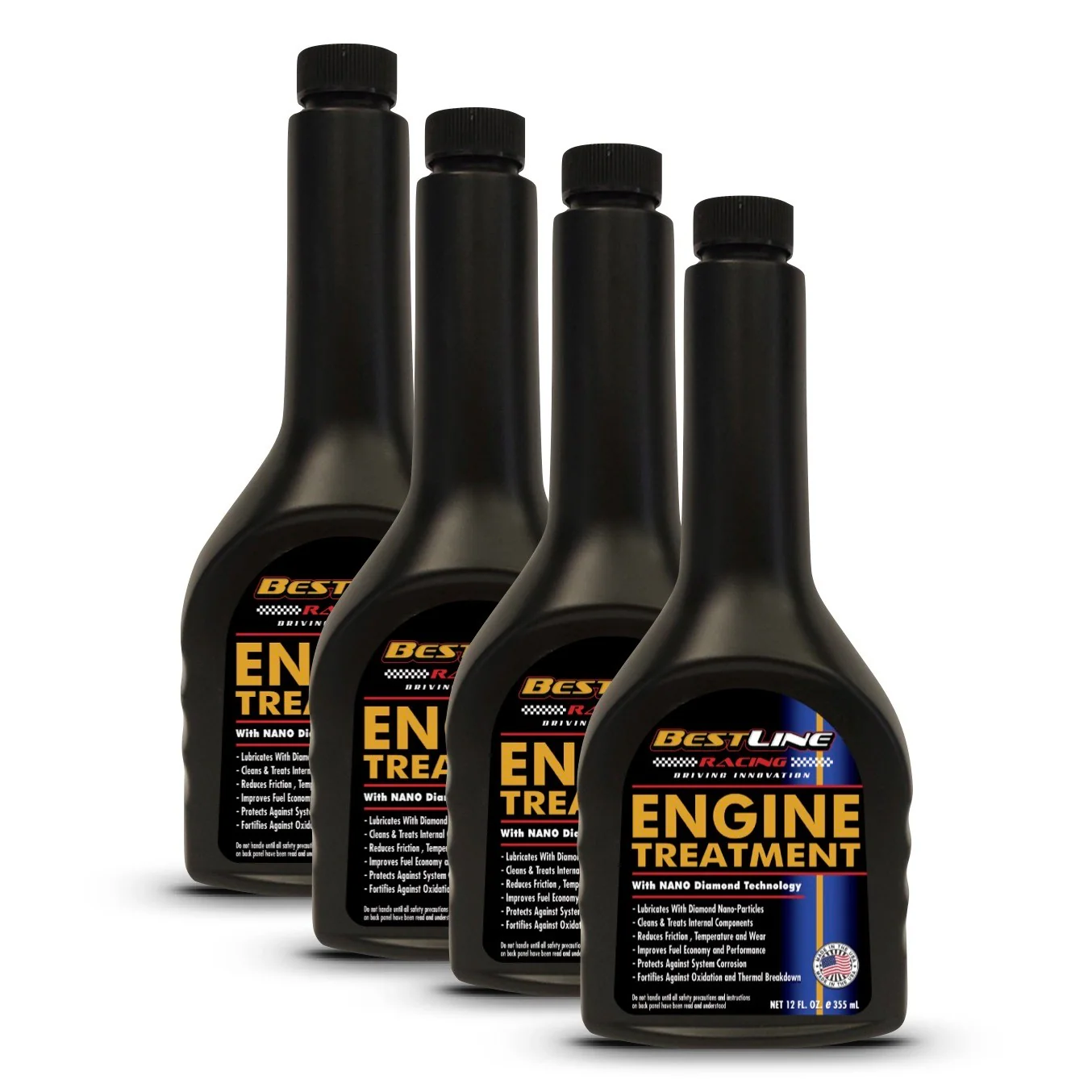




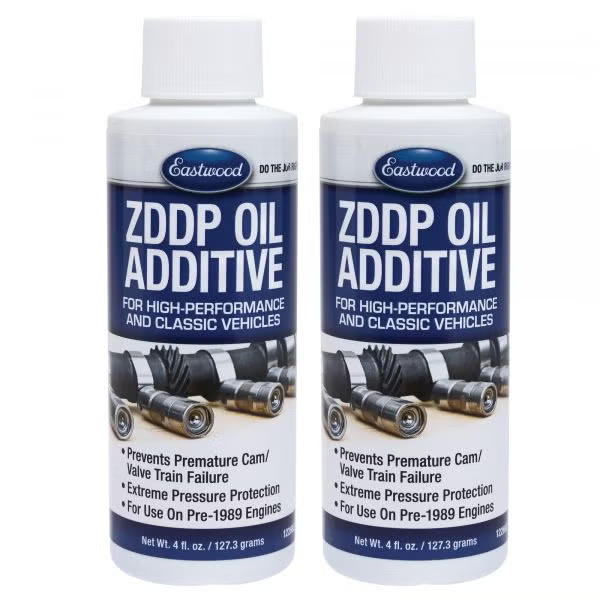
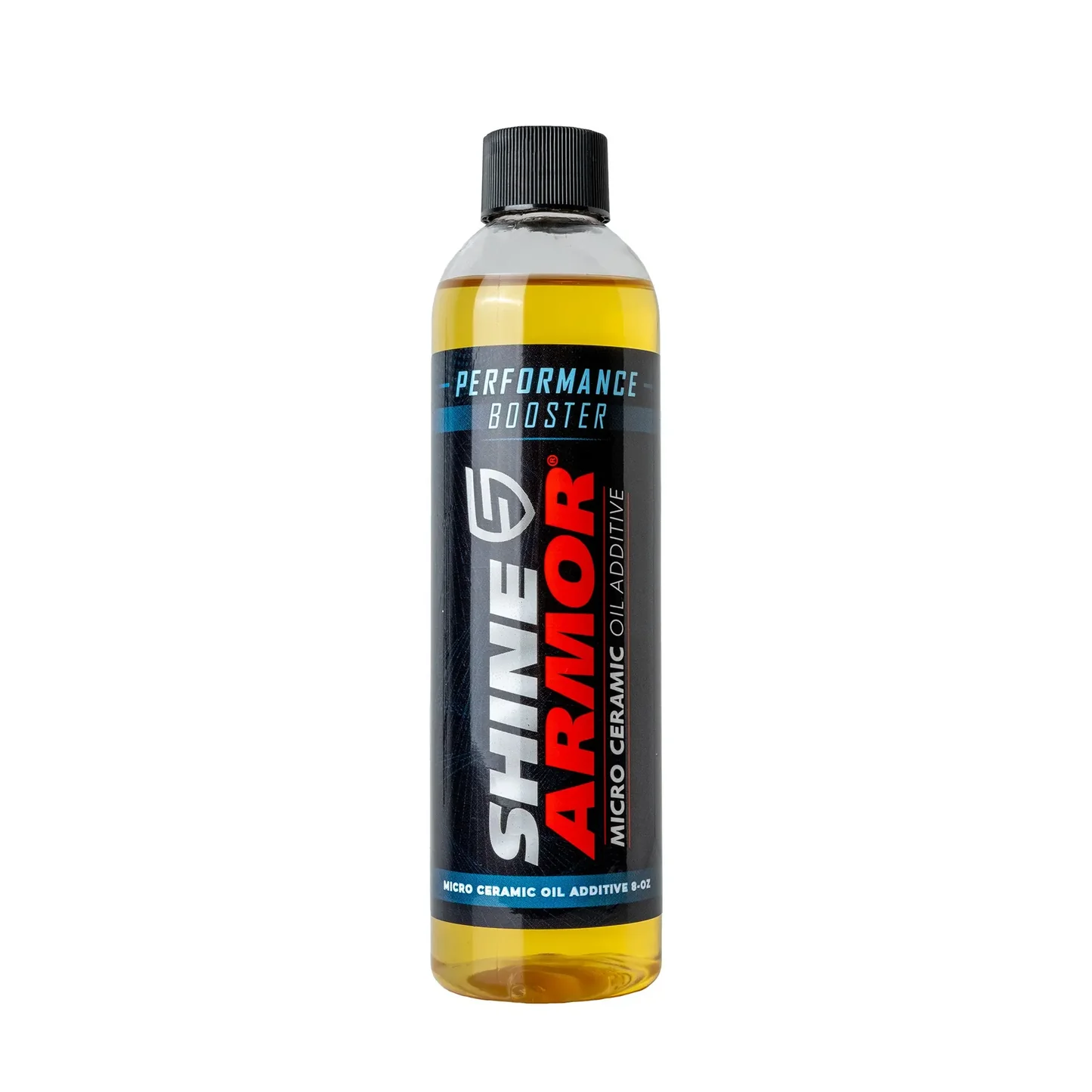
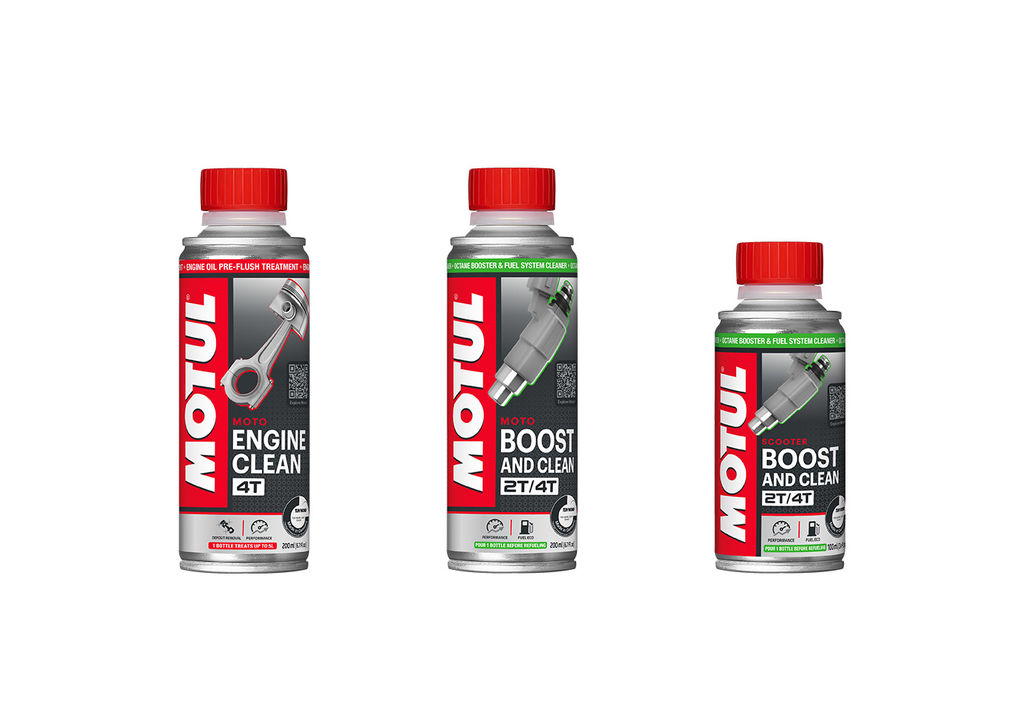



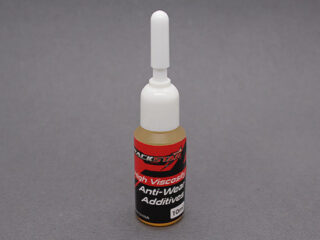

Reviews
There are no reviews yet.